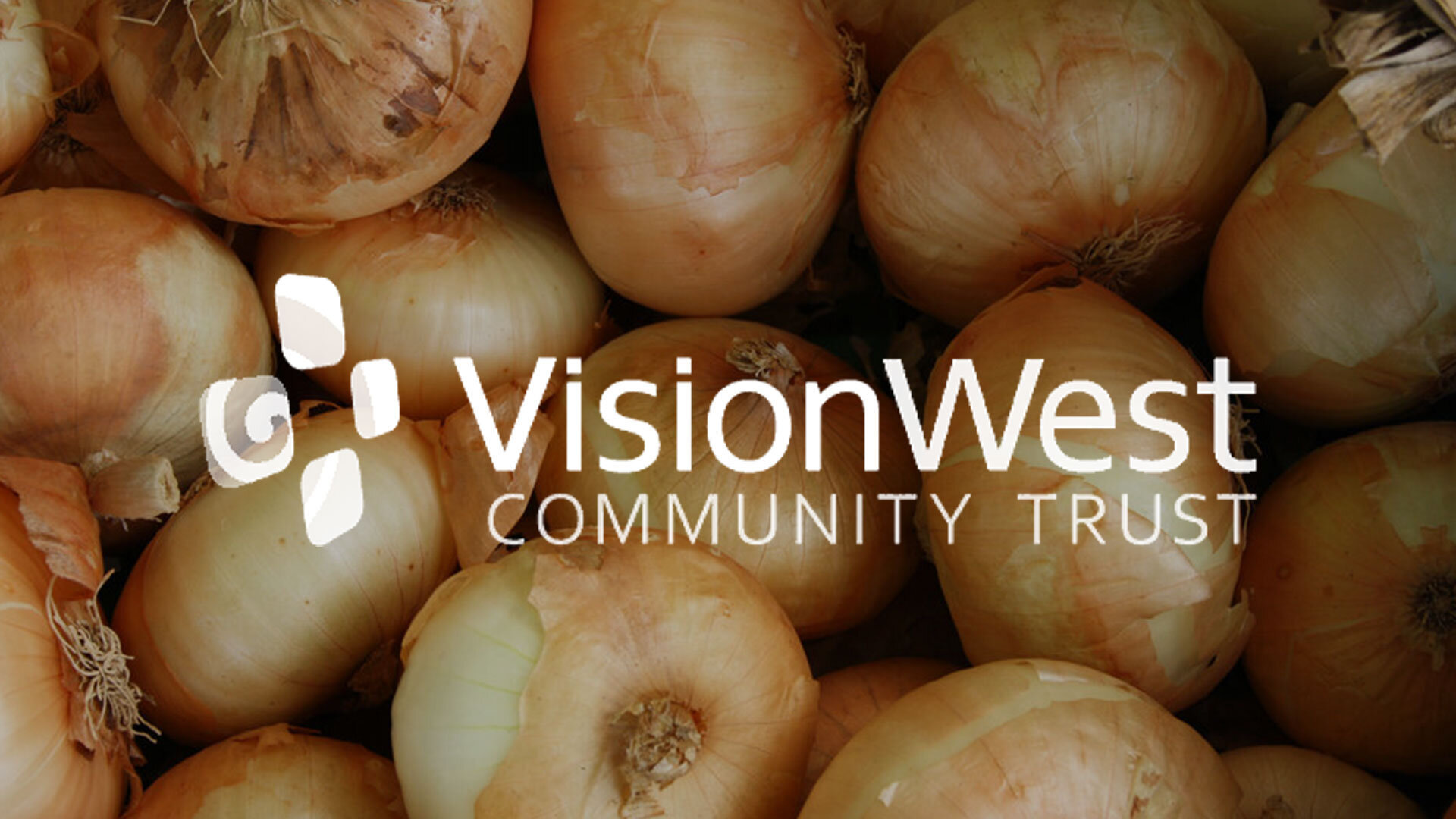Who we are
The Kore Hiakai Zero Hunger Kore Hiakai Zero Hunger is a collective of people and organisations who have joined together to address the root causes of food related poverty and strive towards a food secure Aotearoa.
We recognise that food insecurity is driven by systems but experienced by Papatūānuku and people.
Kore Hiakai Zero Hunger Collective brings us together as community, growers, manufacturers, distributors, philanthropy, iwi, hapū and government.
We build Te Tiriti grounded, long term, sustainable solutions to ensure all people, at all times, have agency and access to enough nourishing, affordable, sustainably sourced, culturally appropriate food – This is a Food Secure Aotearoa.
The Collective came into being in 2018 through a conversation between several social service organisations working together to eliminate food insecurity in Aotearoa New Zealand. In November 2019 a partnership with the Ministry for Social Development was formed – advising on food insecurity for the community food distribution sector. We can continued to strive towards resolving food insecurity across Aotearoa. We have done that alongside the Ministry of Social Development Food Secure Communities team and their community partners - The New Zeland Food Network and The Aoteaora Food Rescue Alliance, as well as numerous community food groups, our philanthropic partners - The Todd Foundation, Lloyd Morrison Foundation and the Gift Trust.
We are currently connected to over 600 community food organisations across the country.
In 2023 our social service foundation partners released us to form a borader partnership to further this work. The independent charitable Kai Rawa trust was formed to hold this kaupapa and guide the Kore Hiakai Zero Hunger Collective as we invite others to join our movement to strive for a Food Secure Aotearoa.
Read more about our six foundational partners who began this journey . . .
Auckland City Mission was established in 1920 by Reverend Jasper Calder. Under Reverend Calder’s leadership, the Mission quickly grew to become one of Auckland’s most influential social service providers. The Mission exists to help people in desperate need. No two clients’ stories are the same: some are isolated elderly, others are rough sleepers or people living in cars and inappropriate housing. Others are battling addictions, living with mental health issues, or struggling to feed their families over a period of unexpected crisis.
The Wellington City Mission provides transitional housing, rest home and hospital-level residential care. They welcome Wellingtonians into their Drop-in Centre for hot meals, company, and community. They also provide food parcels, an alternative education programme, budget advice, financial mentoring, and 1 to 1 support and advocacy.
The Christchurch City Mission seeks to support, care and advocate for those who are marginalized through social and economic factors – and are at risk through unemployment, inadequate housing, family breakdown, addiction, financial difficulties or mismanagement, abuse or other difficulty.
Since 1883, The Salvation Army has fought poverty and social and spiritual distress in New Zealand. They help more than 120,000 families and individuals in need each year—with budgeting advice, food and clothing assistance, life skills programmes and other comfort and support.
The New Zealand Council of Christian Services represents six church networks: the Anglican Care Network, the Baptist, Catholic and Presbyterian social services agencies, as well as the Methodist and the Salvation Army churches. Collectively, these six members include 213 separate provider agencies located in 55 towns and cities throughout New Zealand.
The Council’s members deliver a wide range of services including child and family services, services for older people, food bank and emergency services, housing, budgeting, disability, addictions, community development and employment services.
VisionWest Community Trust offers community-based services in Auckland, Rotorua, Hamilton, and Christchurch – including Homecare and Community Housing, Training & Education, Counselling, Social Work Support, Chaplaincy, Financial Literacy and Budgeting Support, and Community Banks (Food, Curtains, and School Uniforms) and Op Shops.






